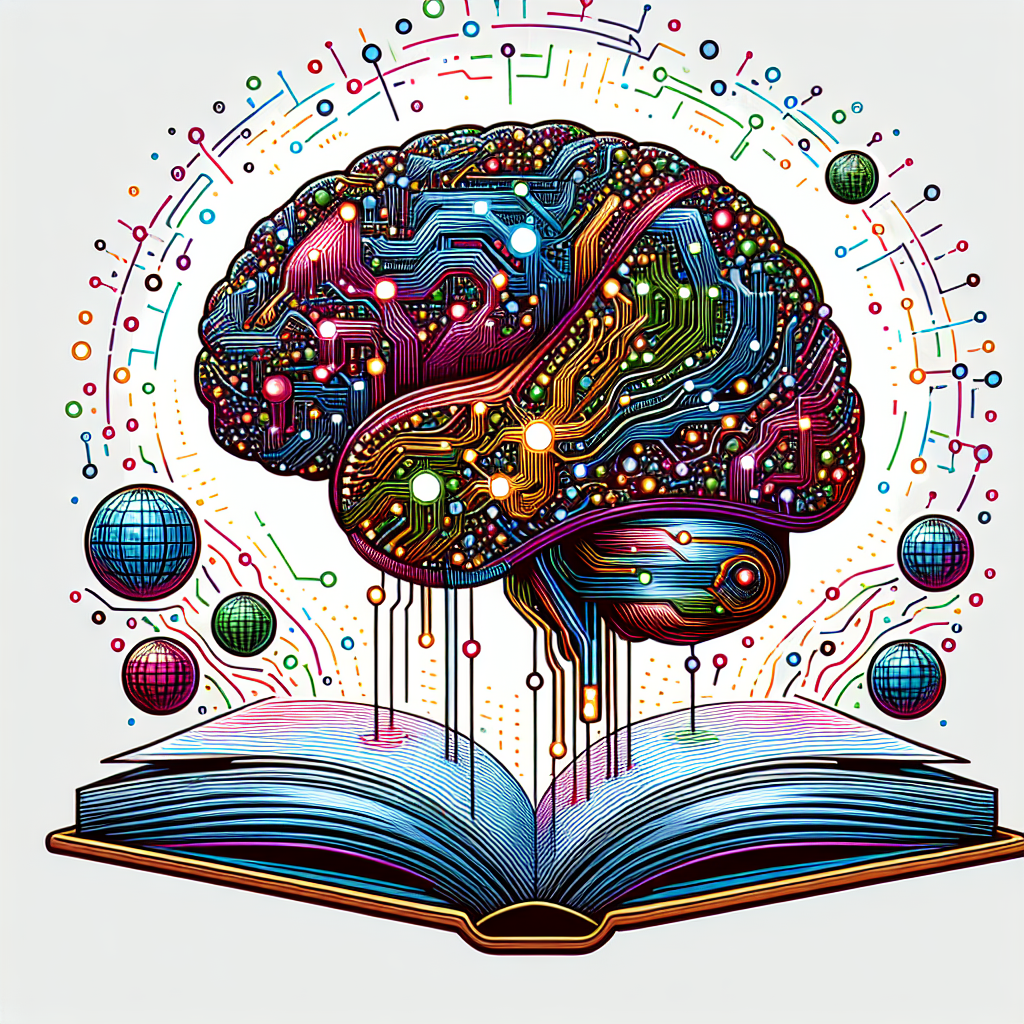Language translation has always been a crucial aspect of communication, allowing individuals from different parts of the world to understand each other despite linguistic barriers. With the advent of artificial intelligence (AI) technology, the potential for language translation has grown exponentially, offering new opportunities and possibilities for businesses, individuals, and society as a whole.
AI has revolutionized the field of language translation by enabling machines to process and understand human language in a way that was previously impossible. Through the use of complex algorithms and neural networks, AI-powered translation systems can analyze and interpret text in one language and accurately translate it into another language with a high level of accuracy.
One of the key benefits of AI in language translation is its ability to continuously learn and improve over time. Traditional translation systems relied on predefined rules and dictionaries, which limited their accuracy and effectiveness. In contrast, AI-powered translation systems can adapt and improve based on the data they are exposed to, allowing them to provide more accurate and natural-sounding translations.
AI also offers the potential for real-time translation, making it possible for individuals to communicate in multiple languages without the need for human translators. This can be particularly beneficial in situations such as business negotiations, international conferences, or travel, where immediate and accurate communication is essential.
Furthermore, AI-powered translation systems can also help break down language barriers in areas such as e-commerce, customer service, and content creation. By providing accurate and efficient translation services, businesses can reach a global audience and expand their market reach without the need for extensive human resources.
In addition to improving communication and accessibility, AI-powered translation systems also have the potential to preserve and promote linguistic diversity. With the ability to translate text into multiple languages, AI can help preserve minority languages and promote cross-cultural understanding.
Despite the numerous benefits of AI in language translation, there are also challenges and limitations that need to be addressed. One of the key challenges is the issue of accuracy, as AI-powered translation systems may struggle with complex or idiomatic language, cultural nuances, or context-specific meanings. While AI has made significant advancements in this area, there is still room for improvement to ensure more accurate and natural-sounding translations.
Another challenge is the issue of bias in AI-powered translation systems. Just like any other technology, AI is not immune to bias, which can manifest in the form of inaccuracies or offensive translations. It is crucial for developers and researchers to address these biases and ensure that AI-powered translation systems are fair and inclusive.
Despite these challenges, the potential of AI in language translation is vast and promising. As technology continues to evolve and improve, we can expect to see more accurate, efficient, and reliable translation services that will revolutionize the way we communicate and interact across languages.
FAQs:
1. How accurate are AI-powered translation systems?
AI-powered translation systems have made significant advancements in accuracy, with some systems achieving near-human levels of performance. However, they may still struggle with complex or idiomatic language, cultural nuances, or context-specific meanings.
2. Can AI-powered translation systems translate all languages?
AI-powered translation systems can translate a wide range of languages, but their ability to accurately translate less commonly spoken languages may be limited. Developers are continuously working to improve the coverage and accuracy of AI-powered translation systems for all languages.
3. Are AI-powered translation systems secure and private?
Privacy and security are important considerations when using AI-powered translation systems, as they may involve the processing of sensitive or confidential information. It is essential to choose reputable and trustworthy providers that prioritize data protection and encryption.
4. How can businesses benefit from AI-powered translation systems?
Businesses can benefit from AI-powered translation systems in various ways, such as reaching a global audience, expanding market reach, improving customer service, and increasing efficiency in communication and content creation. By leveraging AI technology, businesses can stay competitive in a global marketplace.
5. What are the limitations of AI-powered translation systems?
Some limitations of AI-powered translation systems include accuracy issues with complex language or cultural nuances, biases in translation, and the potential for inaccuracies or offensive translations. Developers and researchers are continually working to address these limitations and improve the performance of AI-powered translation systems.
In conclusion, the potential of AI in language translation is vast and promising, offering new opportunities and possibilities for businesses, individuals, and society as a whole. With the ability to provide accurate, efficient, and reliable translation services, AI-powered systems have the power to revolutionize the way we communicate and interact across languages. By addressing challenges and limitations, developers and researchers can continue to improve the performance and accessibility of AI-powered translation systems, paving the way for a more connected and inclusive global community.

